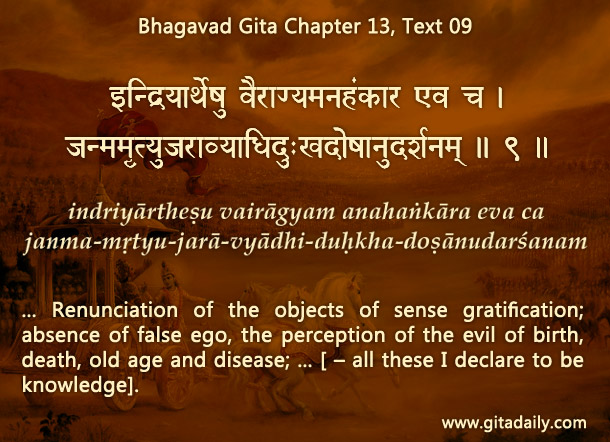Death is meant to point to enlightenment not be a plot point in entertainment
Death is one of life’s most sobering realities, being the irreversible closing of curtains on our present lifetime.
Before that terminal encounter, we frequently encounter death nowadays in entertainment media. Novels and movies often depict death vividly, to evoke our emotions and to engage us with the storyline. However, though we experience vicariously the agony of death befalling fictional characters, the overall setting of entertainment puts a comfort blanket around us. Hardly ever do we contemplate that death will befall us too, at any moment. We see death largely as a plot point in entertainment.
However, trivializing death thus deprives us of a powerful pointer to enlightenment. The Bhagavad-gita (13.09) recommends that we unsentimentally contemplate life’s universal distresses including death. Such contemplation forcefully highlights the glaring incompatibility between our core longing and our current living.
We all long to live forever and to love forever. Yet all things in the world, we included, are bound to die. We deny this frustrating incompatibility by busying ourselves in mundane concerns, including entertainment. But our ostrich-like obliviousness to death’s imminence is jolted when we encounter death at close quarters, as when it misses us narrowly or befalls someone close to us.
Such encounters impel us to ask: when death is so unavoidably natural in this world, why do we feel it so shockingly unnatural? Wisdom-texts such as Bhagavad-gita provide an answer: Because we don’t belong to this world. We are souls who belong to the spiritual world, where we are meant to delight forever in loving harmony with the supreme spiritual reality, Krishna. Indeed, to realize and relish that life of immortal love is to be enlightened.
Pointing us toward that enlightened state, so that we aspire to attain it, is the ultimate purpose of contemplating death.
Think it over:
- How does entertainment media distort our vision of death?
- How can death point us to enlightenment?
- When did you encounter death at close quarters? What did that encounter teach you?
***
13.09 … Renunciation of the objects of sense gratification; absence of false ego, the perception of the evil of birth, death, old age and disease; … [ – all these I declare to be knowledge]
To know more about this verse, please click on the image
Explanation of article:
https://www.youtube.com/watch?v=vIKIf7ix62A&feature=youtu.be
Podcast:


Leave A Comment